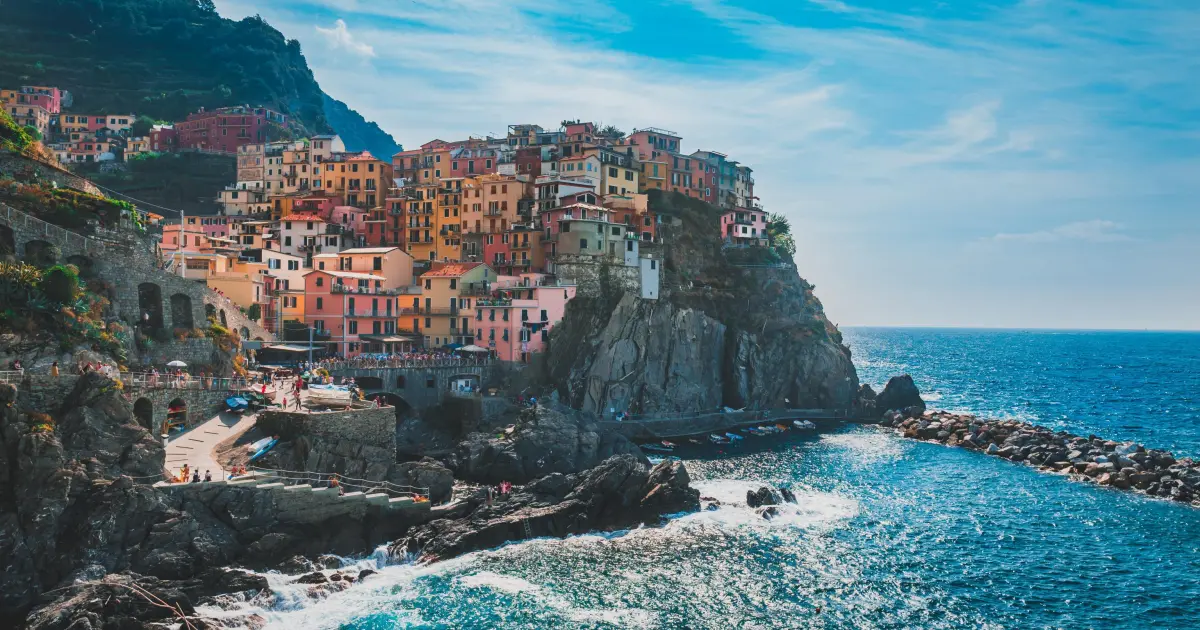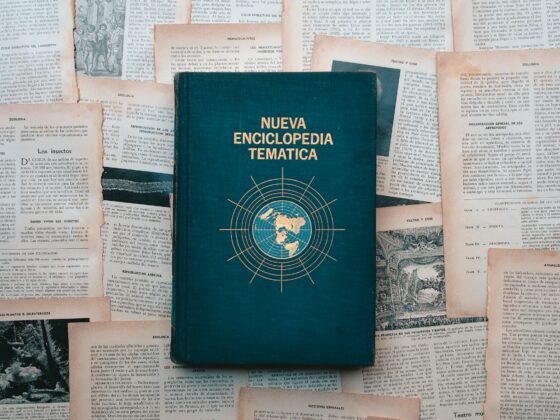
As climate extremes intensify across Europe, the tourism sector is increasingly exposed to cascading disruptions that go far beyond traditional crisis scenarios. Floods, heatwaves, volcanic activity, infrastructure failures, supply-chain disruptions and energy shortages can combine to generate wide-ranging economic losses for destinations, tourism businesses and local communities.
The Horizon MYRIAD-EU project, in which HOTREC plays a key role, provides concrete solutions to help destinations move beyond this outdated, single-hazard crisis thinking. A science-based multi-risk framework offers a practical roadmap to design proactive resilience strategies rooted in data, cross-sector collaboration and long-term planning.
Key Findings
The MYRIAD-EU approach highlights the need to:
-
Map interdependencies between tourism and sectors such as transport, agriculture, water, energy and housing.
-
Integrate dynamic, scenario-based modelling instead of static assessments.
-
Capture direct and indirect impacts, from infrastructure damage to supply shortages and reputational losses.
-
Link risk and resilience planning with EU Green Deal and Climate Adaptation objectives.
Policy Recommendations for Tourism Destinations
To strengthen long-term resilience, HOTREC supports the following actions:
-
Mandate multi-hazard risk modelling for major tourism investments.
-
Integrate MYRIAD-EU’s six-step framework within destination master plans, budgets and policy cycles.
-
Enhance public–private cooperation, backed by incentives such as subsidised insurance or tax credits for hazard-resilient infrastructure.
-
Create observatories and dashboards to monitor risks and resilience indicators transparently.
-
Scale successful pilots across Europe, enabling joint learning and coordinated solutions.
A Call to Action
Europe’s tourism industry cannot afford reactive, one-size-fits-all crisis management. We call on policymakers, destination managers and industry partners to support the dissemination and implementation of these recommendations to ensure safer, more resilient tourism ecosystems.







